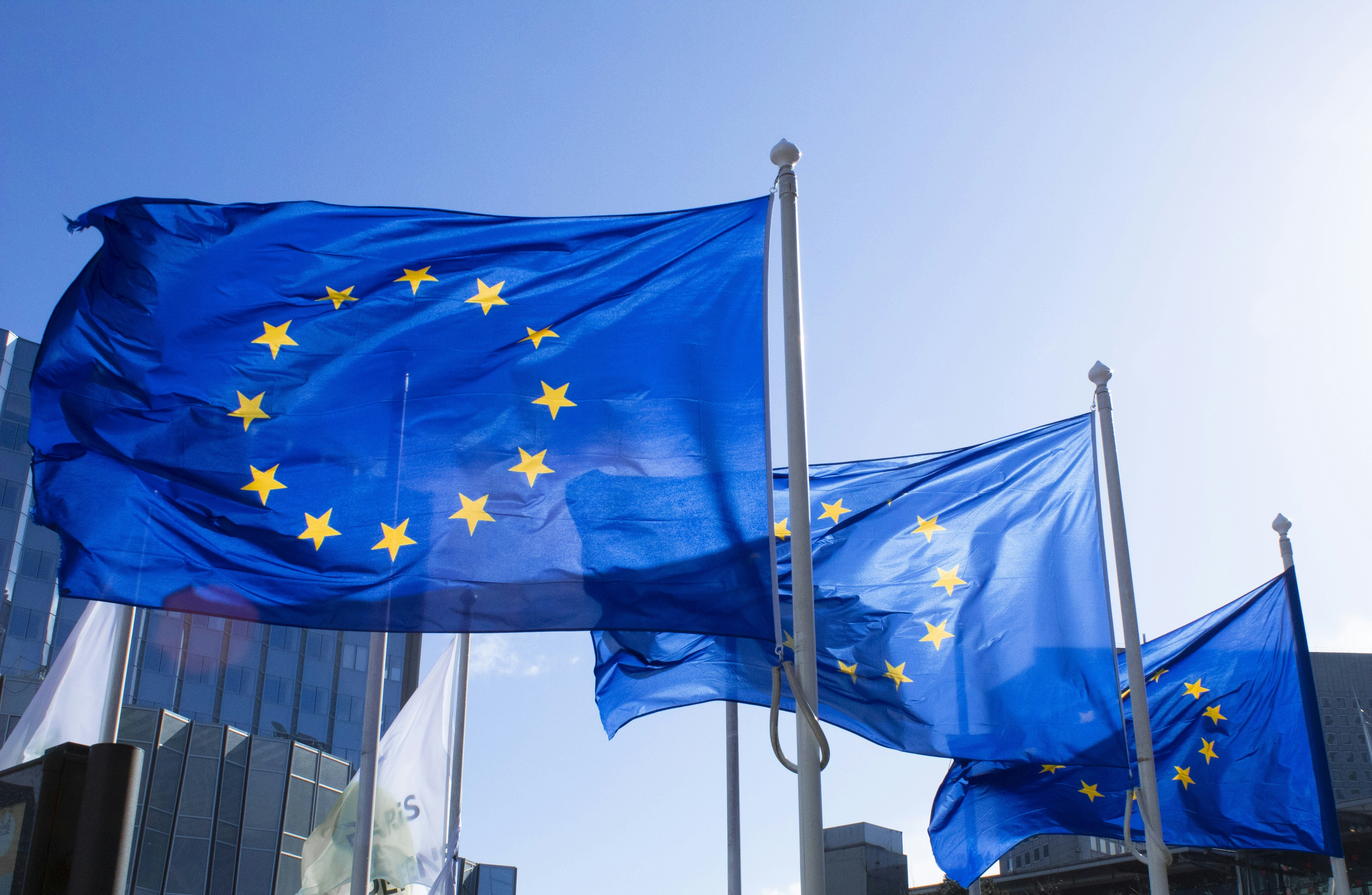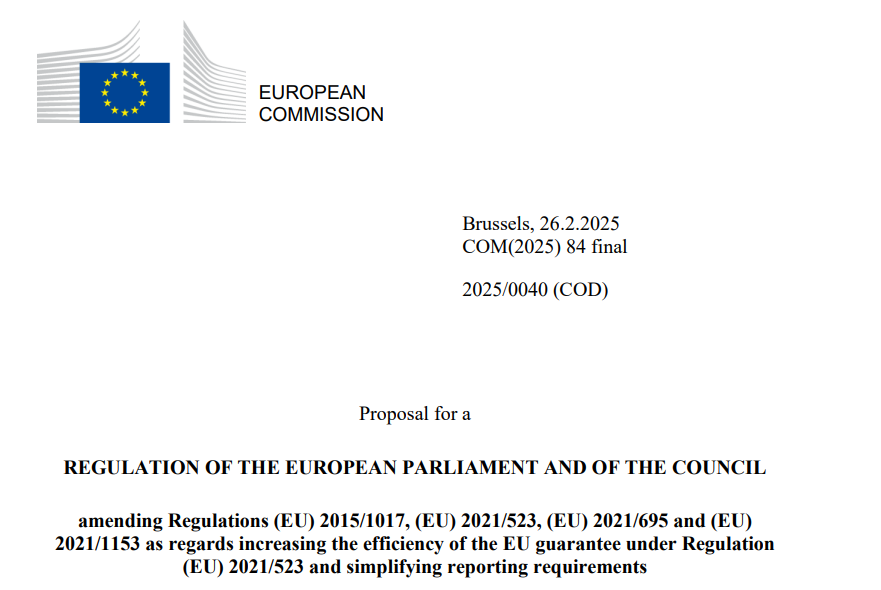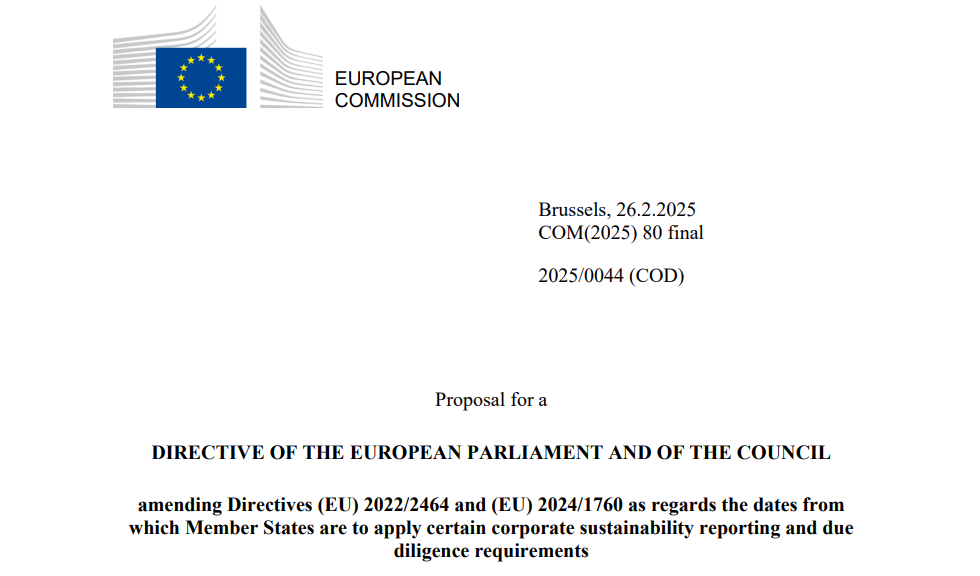EU shifts course on sustainability rules: CSRD scope narrowed and Level 2 acts delayed
Recent developments at both the European Parliament and the European Commission signal a coordinated effort to reduce the regulatory burden associated with corporate sustainability rules. A committee vote in Parliament and a policy letter from the Commission point to narrower reporting obligations and a delayed timeline for several technical measures.

The European Parliament’s Legal Affairs Committee has adopted its position on the Commission’s simplification package concerning corporate sustainability reporting and due diligence. The proposal received 17 votes in favour, 6 against and 2 abstentions. In parallel, the European Commission issued a letter deprioritising several Level 2 regulatory measures across financial services, confirming that certain non-essential acts will not be adopted before 1 October 2027. These two developments signal a shift in the near-term regulatory agenda toward simplification and delay.
Adjustments to sustainability reporting requirements
The Parliament proposes narrowing the scope of the Corporate Sustainability Reporting Directive (CSRD). Under the committee’s position, only undertakings with more than 1,000 employees and annual net turnover above EUR 450 million would be subject to mandatory sustainability reporting. Companies falling below these thresholds would be encouraged to report voluntarily, following Commission guidelines. The changes aim to reduce administrative burden while preserving the core architecture of the directive.
The proposal also calls for greater clarity in the information required and foresees the development of a centralised digital portal. This platform would host templates, guidance and other supporting materials, complementing the European Single Access Point.
Higher thresholds for due diligence rules
With regard to the Corporate Sustainability Due Diligence Directive (CSDDD), the committee suggests limiting the scope to large companies. For EU-based undertakings, obligations would apply only where there are more than 5,000 employees and turnover exceeds EUR 1.5 billion. Non-EU companies would fall within scope if turnover generated in the EU reaches the same threshold.
The proposed changes promote a risk-based approach to engagement with business partners and confirm the requirement for transition plans aligned with the Paris Agreement. Civil liability would remain governed by national legal systems. Administrative sanctions could reach up to 5% of global turnover, with further implementation guidance to be developed by national authorities.
Commission deprioritises Level 2 technical measures
Alongside the legislative changes, the European Commission has formally deprioritised a range of Level 2 measures considered non-essential. In a letter addressed to the European Supervisory Authorities and the Chair of the Anti-Money Laundering Authority, the Commission outlines which delegated and implementing acts will not be pursued before 1 October 2027. This delay is intended to ease implementation pressure while allowing Level 1 legislation to continue operating as intended.
Included in the Annex to the letter are certain delegated acts related to the European Sustainability Reporting Standards (ESRS). These are explicitly listed among the non-essential measures, with adoption dates varying between Q2 2025 and Q4 2029 depending on the specific act. Sector-specific ESRS are currently scheduled for Q2 2026, while amendments to the first set of ESRS are expected in Q4 2027. Additional delegated acts on assurance standards are indicated for Q4 2026 and Q1 2028.
This suggests that while many sustainability-related measures are deprioritised, they may still be adopted before the broader 2027 threshold set for other non-essential Level 2 acts. The staggered timeline reflects a measured approach to regulatory simplification, maintaining alignment with the implementation of Level 1 legislation.
Implications for preparers
Together, the Parliament’s position and the Commission’s deprioritisation signal a temporary stabilisation in the regulatory landscape. Preparers should continue implementing the ESRS already in force and monitor developments in the legislative process, particularly the outcome of trilogues.
The Commission’s timeline for Level 2 measures suggests that no major new technical obligations will arise in affected areas before late 2027. Companies are advised to adjust planning accordingly, with close attention to any procedural updates from the institutions.



